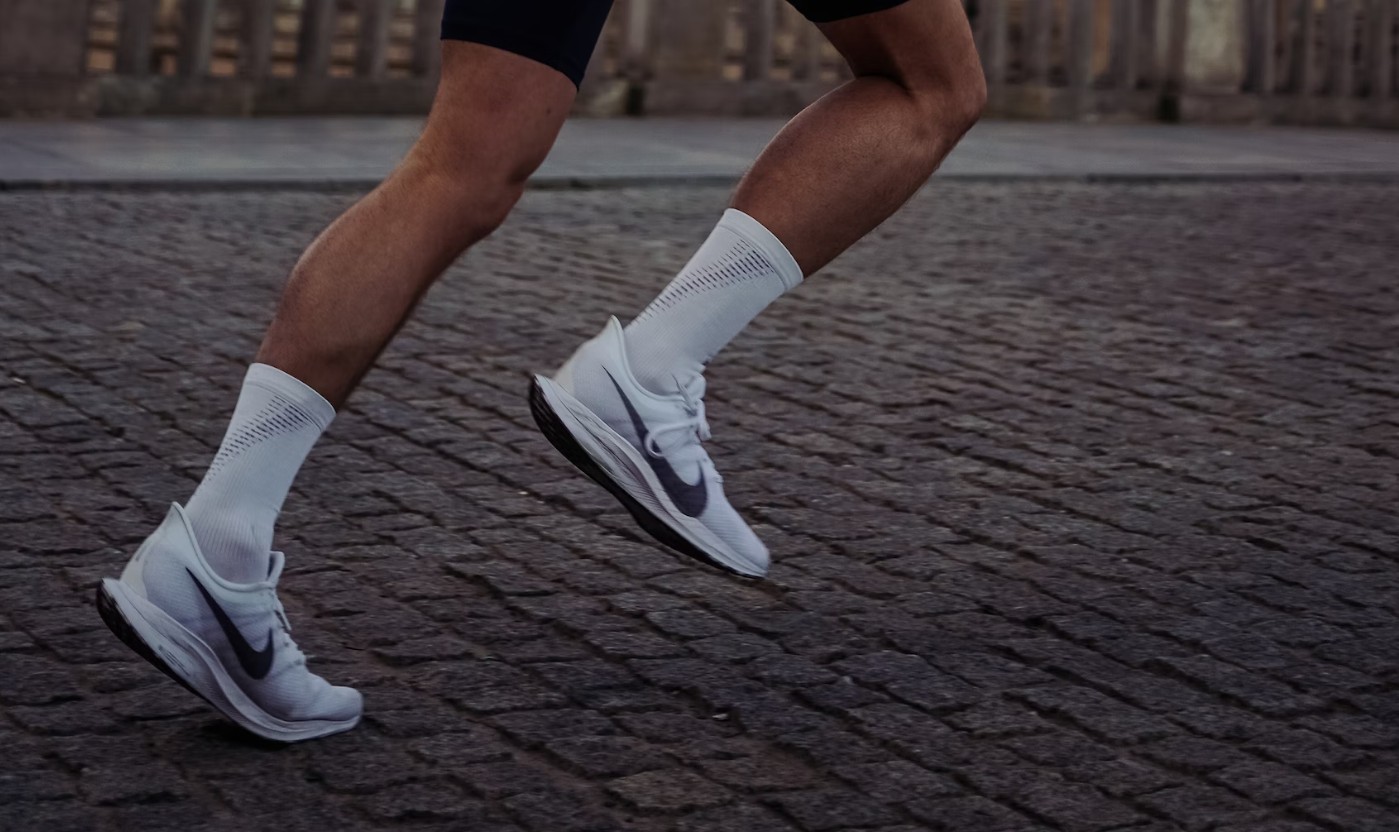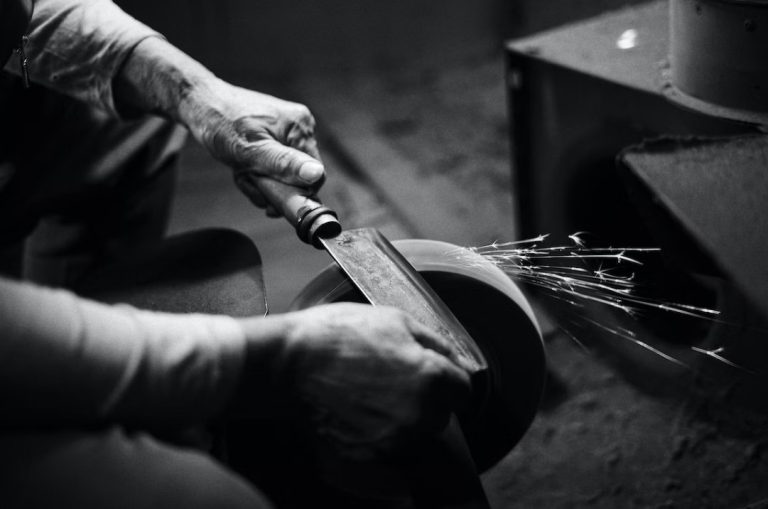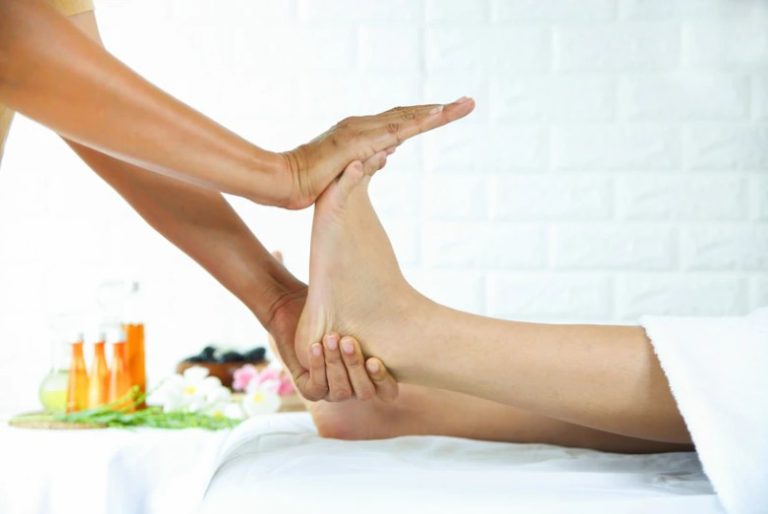No Pain, Just Popping: Unraveling Achilles Tendon Popping
Have you ever experienced a popping sensation in your Achilles tendon without any accompanying pain? It can be a perplexing phenomenon, but understanding the causes and implications of Achilles tendon pop no pain is essential for maintaining foot health. In this article, we will explore the possible causes of this sensation, explain the mechanics behind it, provide self-care tips and treatment options, and discuss when medical attention may be necessary.
What Causes Achilles Tendon Pop No Pain?

Achilles tendon popping without pain can occur due to various reasons. One common cause is tendon damage or degeneration, which can happen due to overuse, repetitive stress, or improper foot mechanics.
When the tendon moves abruptly or undergoes tension changes, it may create small gas bubbles within the fluid surrounding the tendon. The collapsing of these gas bubbles can result in a popping sensation. In cases where there is no pain associated with the popping, it is likely that the sound is simply the result of these gas bubbles releasing.
It is important to note that Achilles tendon popping without pain is usually not a cause for concern. However, it is crucial to differentiate between harmless popping and potential tendon injuries or conditions. If the popping is accompanied by pain, swelling, or difficulty walking, it may indicate a more serious issue such as Achilles tendinopathy or a partial tear[1]. In such cases, it is advisable to seek medical attention promptly.
Understanding the Mechanics of the Popping Sensation
The Achilles tendon is the largest tendon in the body, connecting the calf muscles to the heel bone. When the tendon moves abruptly or undergoes tension changes, small gas bubbles within the fluid surrounding the tendon can collapse, creating a popping sound. In cases where there is no pain associated with the popping, it is likely that the sound is simply the result of these gas bubbles releasing.
When to Be Concerned: Differentiating Harmless Popping from Potential Issues
While Achilles tendon popping without pain is often harmless, it is crucial to differentiate between benign popping and potential tendon injuries or conditions. If the popping is accompanied by pain, swelling, or difficulty walking, it may indicate a more serious issue such as Achilles tendinopathy or a partial tear. In such cases, it is advisable to seek medical attention promptly.
Treatment Options and Self-Care Tips
In most cases of Achilles tendon popping without pain, self-care measures can help manage the condition effectively. Here are some tips to consider:
- Rest: Give your Achilles tendon time to recover by reducing activities that may exacerbate the popping sensation.
- Stretching Exercises: Perform gentle stretching exercises to improve flexibility and relieve tension in the calf muscles and Achilles tendon.
- Ice Application: Apply ice to the affected area for 15-20 minutes at a time, multiple times a day, to reduce inflammation and provide relief.
- Footwear Modifications: Consider using supportive shoes with proper arch support and cushioning to reduce strain on the Achilles tendon.
- Orthotics: If appropriate, custom orthotic inserts or shoe inserts can provide additional support and alleviate stress on the tendon.
- Over-the-Counter Pain Relievers: Nonsteroidal anti-inflammatory drugs (NSAIDs) can help manage any associated inflammation and provide temporary relief.
Prevention Techniques
Preventing Achilles tendon popping without pain revolves around protecting and strengthening the tendon. Consider the following preventive measures:
Proper warm-up and stretching: Before engaging in physical activities or exercises that put stress on the Achilles tendon, it is essential to warm up appropriately and perform dynamic stretches to prepare the muscles and tendons for exertion.
Gradual increase in activity level: Avoid sudden or excessive increases in exercise intensity or duration, as this can place excessive strain on the Achilles tendon and increase the risk of injury.
Strength and flexibility exercises: Regularly incorporating exercises that target the calf muscles and Achilles tendon, such as calf raises and eccentric heel drops, can help improve their strength and flexibility, reducing the risk of injury.
Proper footwear and orthotics: Wear appropriate shoes and insoles that provide adequate support and cushioning for your feet and activities. If needed, consult a healthcare professional for recommendations on orthotic inserts or shoe modifications that can help reduce stress on the Achilles tendon.
Listen to your body: Pay attention to any warning signs or symptoms of Achilles tendon strain, such as pain or discomfort. If you experience any unusual pain or popping sensations, it is important to seek medical advice to determine the cause and appropriate course of action.
Seeking Medical Attention
If Achilles tendon popping becomes painful or persists despite self-care measures, it is advisable to consult a healthcare professional. They can conduct a thorough evaluation, potentially order imaging tests such as an ultrasound or MRI, and provide appropriate medical treatment or referral to a specialist if needed.
Conclusion
Experiencing Achilles tendon pop no pain can be puzzling, but understanding the underlying causes and taking appropriate self-care measures is crucial for maintaining foot health. By implementing preventive techniques, seeking medical attention when necessary, and supporting your Achilles tendon through proper rest and stretching, you can manage this phenomenon and optimize your overall foot well-being.
Frequently Asked Question
Is it normal to experience an Achilles tendon pop during physical activities?
Yes, it is not uncommon for individuals to experience an Achilles tendon pop during physical activities, especially in sports that involve sudden movements, such as jumping or sprinting. As long as the pop is not accompanied by pain or followed by discomfort, it is typically considered a normal physiological response to the strain placed on the tendon during these activities.
Should I be worried if the Achilles tendon pops and is followed by pain?
If the Achilles tendon pops and is immediately followed by pain, it may indicate a potential injury or strain to the tendon. In such cases, it is essential to seek medical attention to assess the extent of the injury and determine the appropriate course of treatment. Ignoring pain after the popping sensation could lead to further damage or complications.
When should I seek medical advice for an Achilles tendon pop?
While painless popping is often harmless, there are certain circumstances when medical attention is recommended:
- Pain and Discomfort: If the Achilles tendon pop is accompanied by pain, swelling, or tenderness, it could be a sign of an injury or inflammation that requires evaluation.
- Limited Movement: If you experience difficulty in flexing or pointing your foot, it may indicate a more severe issue that needs medical assessment.
- Recurring Popping: If the popping sensation persists or becomes more frequent, it’s best to consult a healthcare professional to rule out any underlying problems.
Can I continue physical activities if my Achilles tendon pops occasionally?
If the popping sensation is painless and infrequent, it is generally safe to continue with physical activities. However, it is essential to listen to your body and avoid pushing through any discomfort. If you experience pain or notice a change in the popping frequency, it is advisable to rest and consult a healthcare professional.







